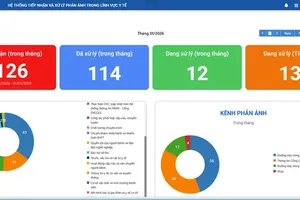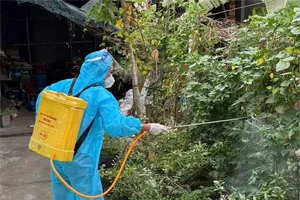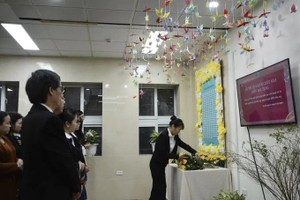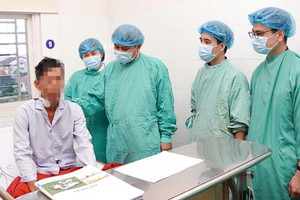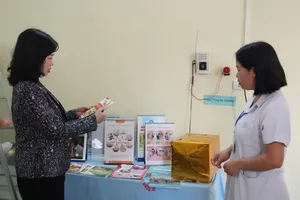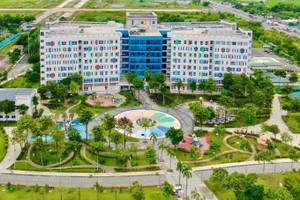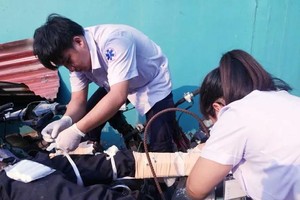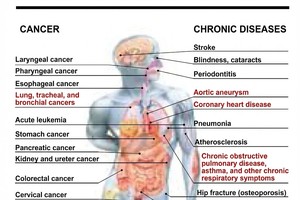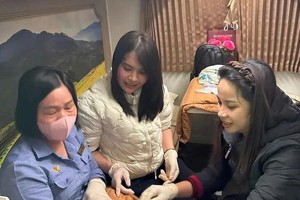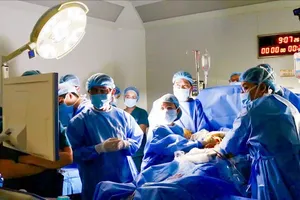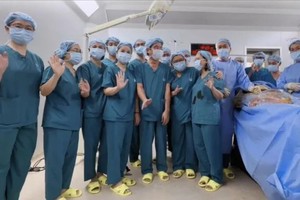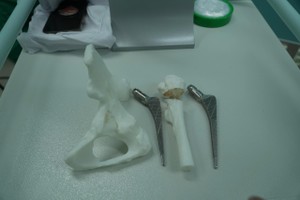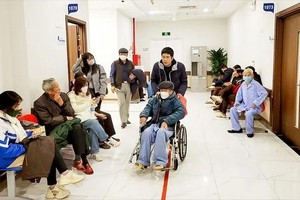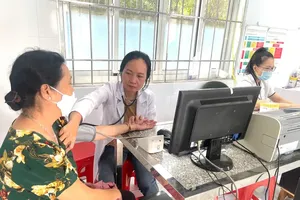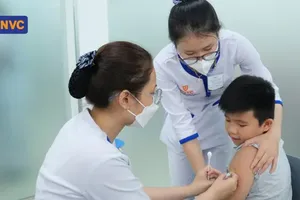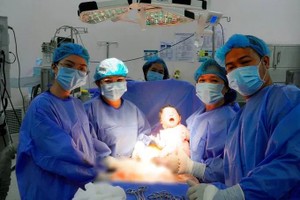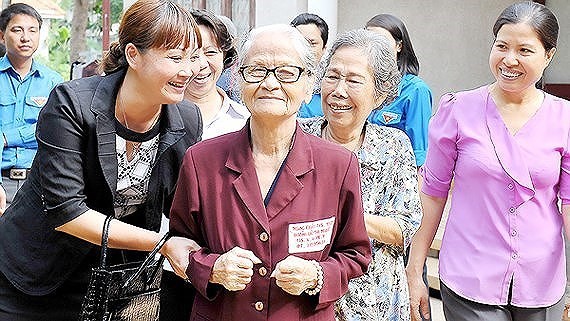
Currently, healthcare service for elderly people is very restricted. A few infirmaries and old’s homes provide medical service for special citizens. Alarmingly, there is a serious shortage of medical workers for taking care of senior citizens.
National Geriatric Hospital Vice director Dr. Nguyen Trung Anh said that ageing population pose a practical challenge on the provision of healthcare to older people.
Plus, escalation of chronic diseases such as coronary artery disease, high blood pressure, stroke, diabetes cancer, asthma, Osteoarthritis require lifetime treatment.
Spending on health care services for the elderly has been increasing. A medical worker said expenditure on healthcare for those aged 65 years and older was seven to ten times higher than younger people. Moreover, elderly people use more drugs than young ones.
Notwithstanding, the restriction of healthcare service provision for elderly people is public concern. Only the National Geriatric Hospital and hospitals’ geriatric wards provide lifetime rehabilitation treatment to senior citizens while just some of old’s homes have rehabilitation treatment.
According to a study of the National Geriatric Hospital in 2016, of over 610 old people over 80 in Soc Son District in Hanoi, one suffers 6.9 illnesses. 33.6 percent of them are widows or widowers while 8.2 percent must live alone.
Their average income is VND 537,900 a month mainly from social welfare and pension whereas medical cost is not cheap.
Of 610 old people, just 62.79 percent have health insurance cards while 27.97 percent need assistance in personal hygiene, putting on, walking, and eating.
Up to 90 percent of them need help in using equipment like telephone, cooking, cleaning houses, washing clothes and driving vehicles.
Talking about present shortage of personnel, Director of National Geriatric Hospital Professor Pham Thang said that presently, Vietnam has not trained medical staffs to take care special citizens.
Nurses must work as caretaker creating a great pressure on them; therefore, they hardly finish their task well. Relatives of sick elderly patients hire caregivers who are not trained to look after ill people.
Demand of trained caretakers is great.
Speaking at a forum on health care held lately in Hanoi, Deputy Health Minister Pham Le Tuan said because types of illnesses have changed and Vietnam has the fastest growing aging populations, the Ministry of Health has strengthened grass-root clinics which will provide primary health care and developed family doctor model to take care of elderly people in the community.
Simultaneously, the Ministry has reinforced geriatric hospitals and trained more medical workers to take care of senior citizens as well as encouraged people to open nursing homes for old people.
Nurse staffs play important role because they directly look after old people. Accordingly, they should take heed to old people’s special needs some with mental and behavioral health problems in addition to having knowledge of nutrition and health. This is new field in the Southeast Asian country; hence, it is needed to learn experience of other countries in the world, the Deputy Health Minister emphasized.
According to Professor Tuan, foreign experts’ valuable opinions at the seminar will pave the way for what geriatric infirmaries should do and then set up a working program for future use.
